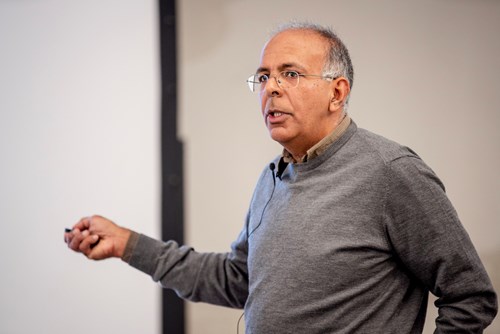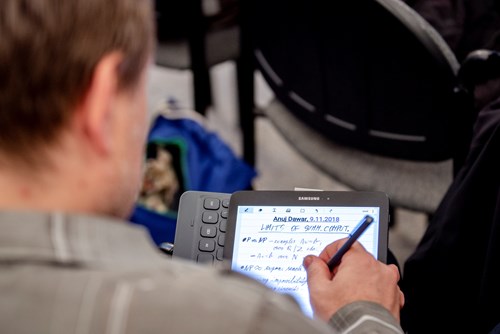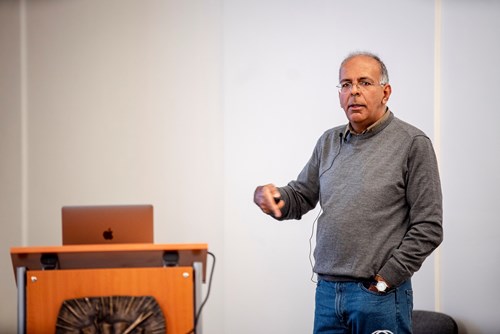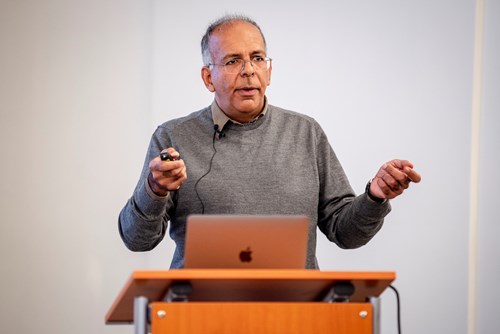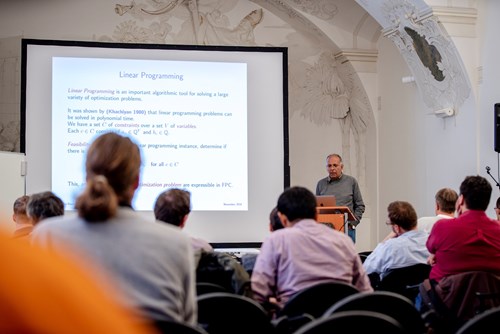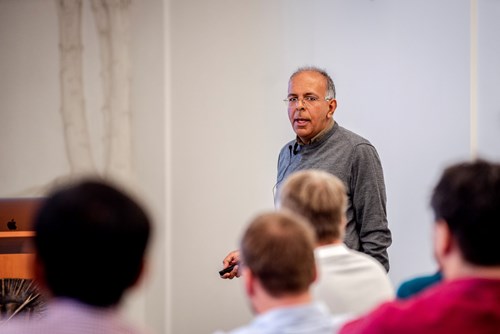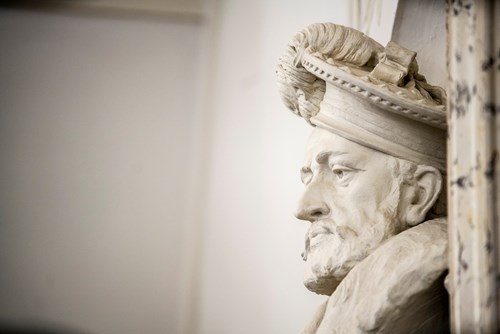
Anuj Dawar
University of Cambridge, UK
- Anuj Dawar is the Professor of Logic and Algorithms at the University of Cambridge, where he has been a member of the faculty since January 1999.
- His research and teaching interests focus on theoretical computer science.
- He is especially interested in understanding the limits of algorithmic methods in solving hard problems and developing a suite of logical and combinatorial methods for this study.
- His recent work has focused on developing a theory of symmetric computation.
- He obtained a Bachelor's degree from the Indian Institute of Technology, Delhi, a Master's degree from the University of Delaware and a Ph.D. from the University of Pennsylvania in 1993.
- He worked as a post-doctoral researcher and a lecturer at Swansea University before moving to Cambridge in 1999. He has held visiting positions at Indiana University, Bloomington (USA), at INRIA and the University of Bordeaux (France) and at RWTH, Aachen (Germany). He served from 2013-17 as president of the European Association for Computer Science Logic. He is a Fellow of the Alan Turing Institute in London.
